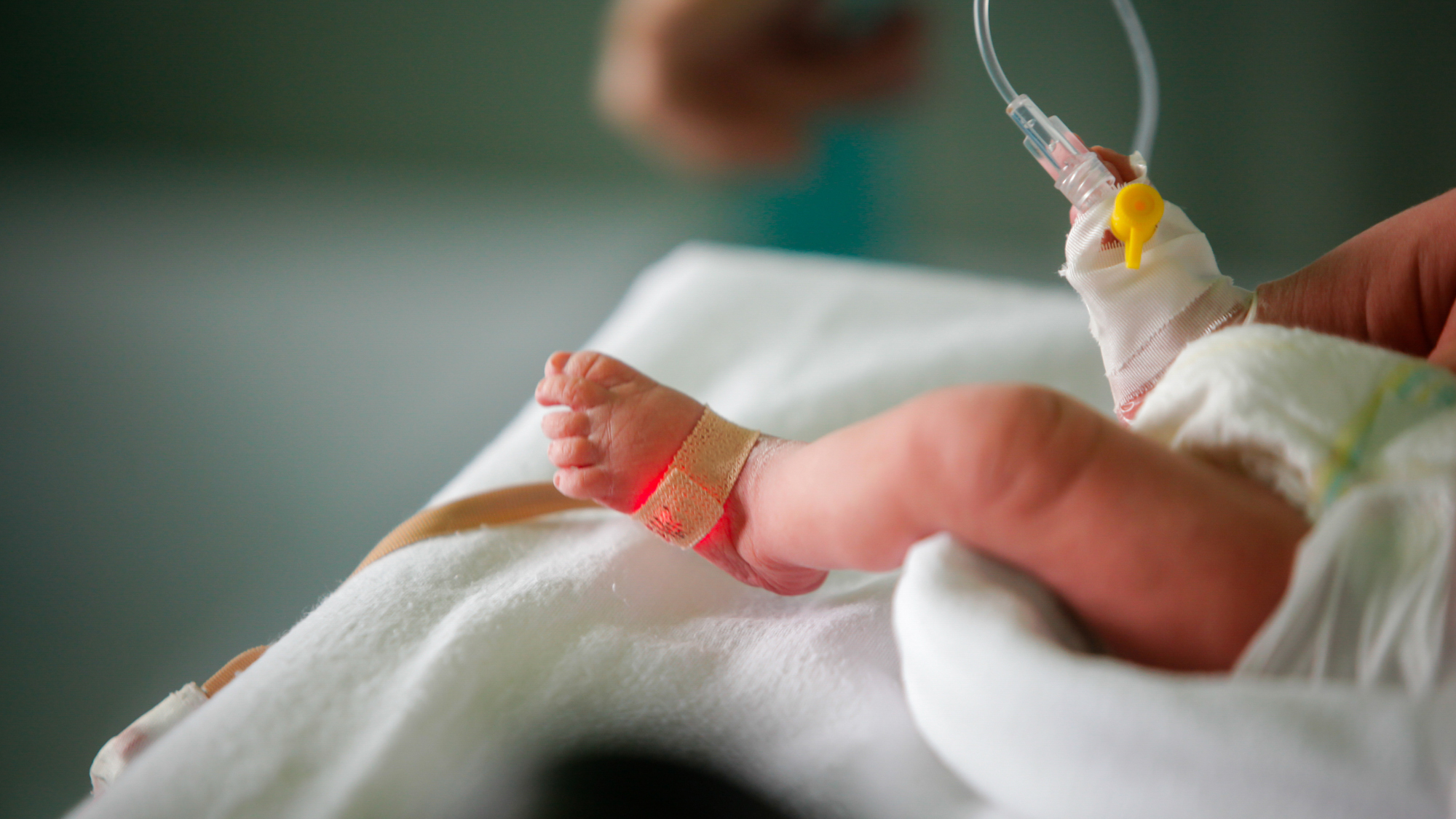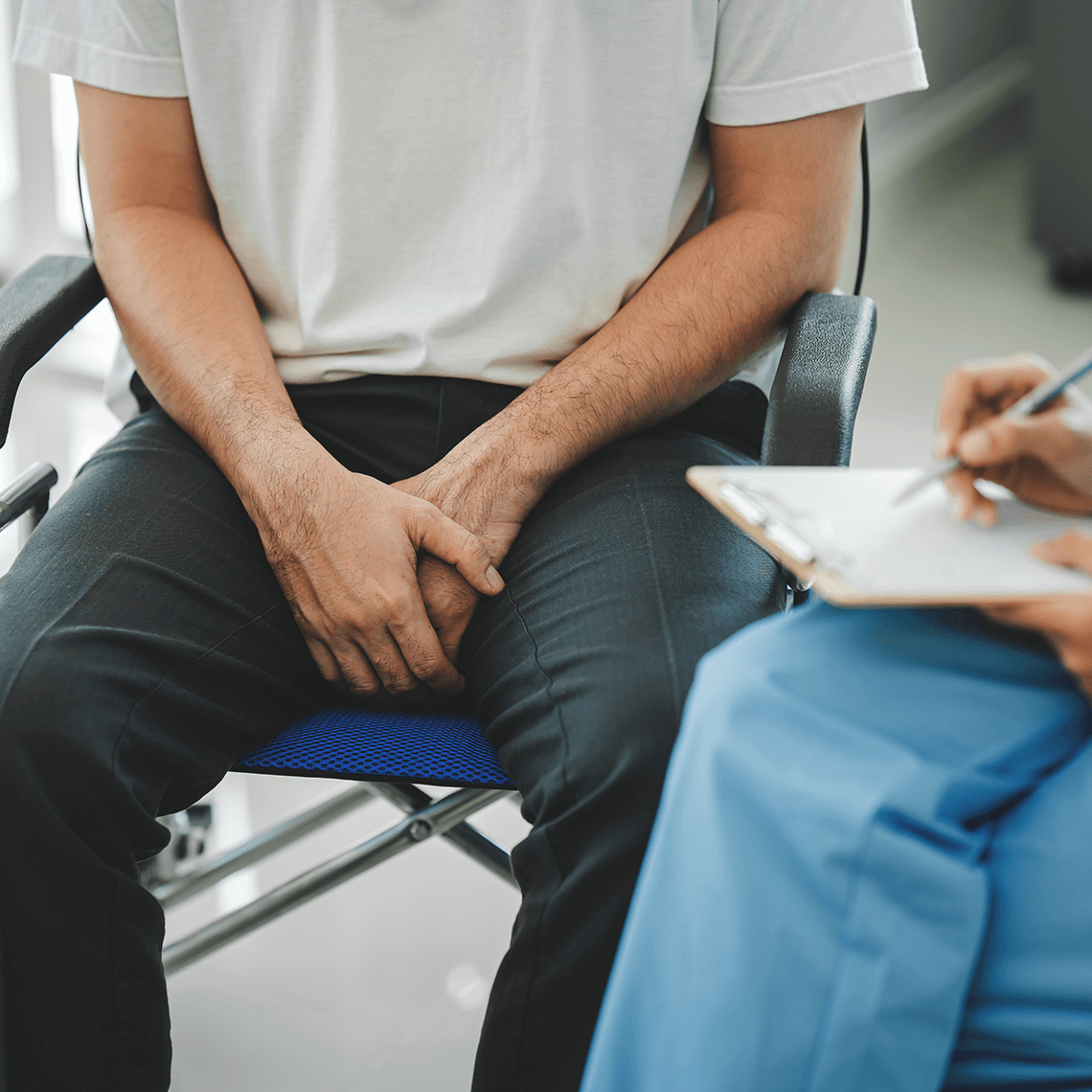Podcast
Newborn Body Cooling Safety and Efficacy Moves Forward
Jun 30, 2021

Commentators
- Sunil Eappen, MD, MBA
Interim President
Brigham and Women’s Hospital - Anne Hansen, MD, MPH
Medical Director, Neonatal ICU
Boston Children’s Hospital - Terrie Inder, MD
Chair, Dept. Of Newborn Medicine
Brigham and Women’s Hospital
Transcript
Taking a baby just hours old, with a brain injury, packing her in ice, and putting her on an ambulance or a helicopter to another facility represents a dramatic advancement in medicine. But this leading treatment for neonatal encephalopathy lacked standardization. Providers didn’t all use the same inclusion and exclusion criteria for the treatment. Some hospitals waited too long, since cooling needs to be initiated within the first six hours of life. Transportation services didn’t all provide the same kind of care for these tiny patients.
Malpractice data in the Harvard system, together in a repository of like claims from insurers across the country, reinforced the need to make the infant cooling process more reliable and maximize its effectiveness. The Academic Medical Center Patient Safety Organization was able to convene experts who wrote and published recommendations in 2016. Today, this effort to help identify the best care for these newborns is moving beyond the guidelines it produced.
Dr. Sunil Eappen, an anesthesiologist and interim president at Brigham and Women’s hospital, was the associate medical director for the Patient Safety Organization when neonatal hypothermia became a focus of its work.
“One of the long-lasting effects that came out of it was that the clinicians decided that we needed to have a registry that got started that spanned across our institutions that would keep track of and record the conditions of the babies that came through and how they did so that we can improve care down the road.”
Data from the registry are providing ways to further refine and advance the cooling of newborns with brain injuries, which holds the potential to prevent a lifetime of disability.
“This program has been a frame-shifter in my opinion.”
Dr. Terrie Inder is the Chair of Pediatric Newborn Medicine at Brigham and Women’s Hospital in Boston.
“Once we had spent two years really coming to that agreement, it was how do we implement this successfully and monitor its implementation. Not just at the academic medical centers that were universally applying it, but also out into our community where at least half of these infants are referred and from.
“So we were fortunate in partnership with CRICO to be funded to establish the registry. That registry now has been active really since 2017, recording the data from 2018, and that registry highlighted for us further opportunities with differences in practices that now we have the privilege of going forward the next step in terms of improving care.”
Among those opportunities from the registry has been identifying which elements of the neurologic exam are most helpful for the selection of infants for therapeutic hypothermia. Additional recent advancements promoted through the initiative include developing protocols for blood product use, and transport of placental tissue with the infant. With CRICO support, medical transportation services recently started using tecotherm blankets to cool the infant during transport.
Dr. Anne Hansen is Medical Director of the Neonatal Intensive Care Unit at Boston Children’s Hospital. Children’s was the first Neonatal Intensive Care Unit in New England to offer therapeutic hypothermia for babies who have hypoxic ischemic encephalopathy. Dr. Hansen has led teams that worked with referring institutions in the community, as well as fellow receiving hospitals, to provide guidance, where care was variable.
“We went into the community and we taught our referring hospitals about how therapeutic hyperthermia works and we worked with our transport team to ensure that when a call came in for a baby who needed therapeutic hyperthermia that the call was prioritized.”
For Dr. Hansen, this work, on this therapy, for this population of patients has particular significance.
“As a neonatologist whose been taking care of babies for more than 30 years at Boston Children’s Hospital, it’s a wonderful thing for me to see that we now have an intervention which can help the outcomes of babies who have hypoxic ischemic encephalopathy. For many decades all that could offer babies and their families was supportive care and with the advent of therapeutic hyperthermia, we have an intervention which we know will improve their outcomes.”
Dr. Eappen says his work on the recommendations and the follow up advancements is a privilege that every clinician can understand.
“Personally, I think that being a part of the PSO in general has been really rewarding—and had been really rewarding. And this case was a great one, because I think at the end of the day, we took a current situation which is still baffling to clinicians—that is, why do babies sometimes come out and have this hypoxic encephalopathy, what we used to call cerebral palsy—and we found a way that we can actually treat these babies. We are convinced that we are making care better for these smallest of our patients and actually reversing the damage that may have come through the birth process. I think that’s really rewarding. Whenever we can do that, that’s the end game for all of us I think that provide clinical care”
Dr. Inder:
“This is one of the most incredible advances I have seen in my lifetime practicing. I had the privilege and the sad privilege of caring for infants who had suffered this form of insult around the time of birth who went on over days to show us the evolution of severe brain injury and were left with profound disability for the rest of their lives. This treatment prevents that. And if we can provide it universally to the babies who need it, then we will alter their lives and to me there is nothing more meaningful in life than the privilege to be able to assist access to such life-changing treatment.
The AMC PSO Recommendations on Therapeutic Hypothermia in Neonates is available on the CRICO website, at www.rmf.harvard.edu/cooling.
About the Series
We’ve got you.
Our Safety Net podcast features clinical and patient safety leaders from Harvard and around the world, bringing you the knowledge you need for safer patient care.
Episodes
$1.5 Billion in Miscommunication: Medmal Data Report Finds Opportunities
Case Dismissed! Every Medical Defendant’s Dream Still Holds Some Nightmares

Expert: Communication Is Top Fix for Prostate Care Allegations

How Depositions Make or Break a Medmal Defense


